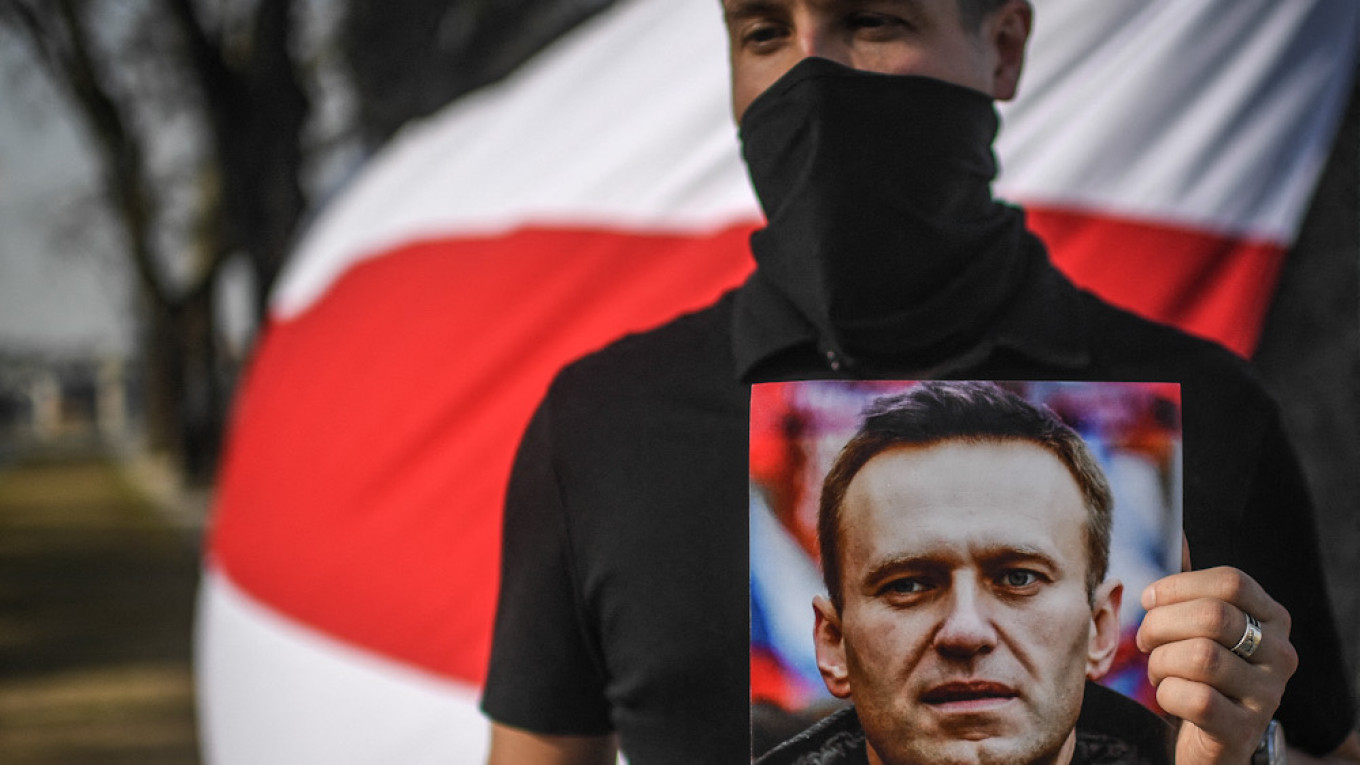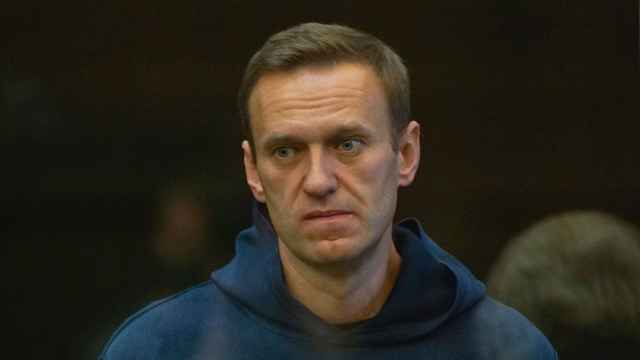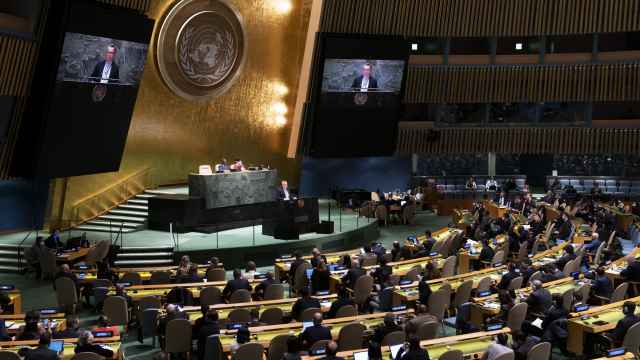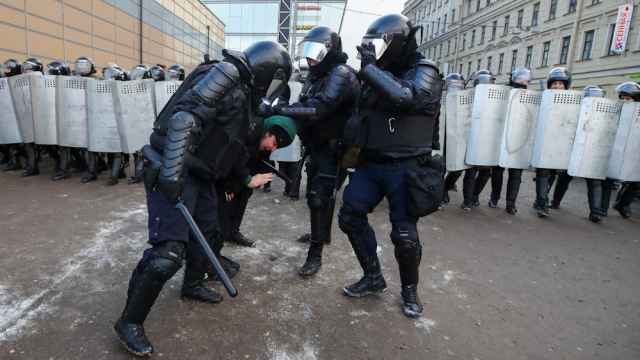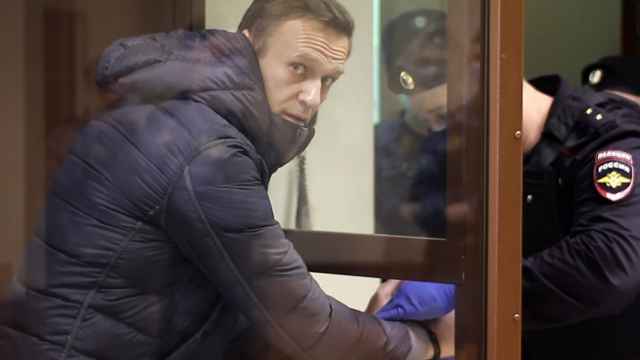Dozens of countries took Russia to task at the UN on Friday over its imprisonment of Kremlin critic Alexei Navalny, and slammed numerous "arbitrary arrests" of his supporters.
In a historic joint statement delivered to the United Nations Human Rights Council, 45 countries voiced alarm at "the deteriorating situation of human rights and fundamental freedoms" in Russia, "manifested in particular by the unlawful detention, arrest and imprisonment of Mr. Alexei Navalny."
They called for the "immediate and unconditional release" of Navalny and all others "unlawfully or arbitrarily detained."
Navalny was sentenced last month to two and a half years in a penal colony for breaching parole terms while in Germany recovering from a poisoning attack.
Decrying that his poisoning had yet to be "properly investigated and credibly explained," the countries said the actions by the Russian authorities and judiciary in the case were "unacceptable and politically motivated."
"They run counter to Russia’s international human rights obligations, including the right to liberty and security of person and the right to a fair trial," said Zbigniew Czech, Poland's ambassador to the UN in Geneva, who read the statement on behalf of the group.
The countries, he said, were concerned by "large number of arbitrary arrests of protesters who were expressing their support for Mr. Navalny in many Russian cities."
"The overall developments related to Mr. Navalny's arrest, imprisonment, and oppression of his allies and supporters are tangible proof of shrinking civil society space in the Russian Federation," he warned.
Such actions, he said, were "tools of the state to attack independent media and civil society, and to silence dissenting voices."
"We express particular concern regarding recent legislative amendments and constitutional changes which further restrict rights and freedoms."
Rights groups welcomed Friday's "landmark" statement — which marks the first joint intervention before the rights council targeting Russia.
"The statement delivered today by 45 countries is as historic as the crackdown unfolding in Russia," John Fisher, head of Human Rights Watch's Geneva office, said in a statement.
"Russian authorities have imprisoned the country’s most prominent opposition figure and adopted a flurry of new repressive laws to demonize and penalize critical voices," he said, urging the greater council "scrutiny and action to end the crackdown."
A Message from The Moscow Times:
Dear readers,
We are facing unprecedented challenges. Russia's Prosecutor General's Office has designated The Moscow Times as an "undesirable" organization, criminalizing our work and putting our staff at risk of prosecution. This follows our earlier unjust labeling as a "foreign agent."
These actions are direct attempts to silence independent journalism in Russia. The authorities claim our work "discredits the decisions of the Russian leadership." We see things differently: we strive to provide accurate, unbiased reporting on Russia.
We, the journalists of The Moscow Times, refuse to be silenced. But to continue our work, we need your help.
Your support, no matter how small, makes a world of difference. If you can, please support us monthly starting from just $2. It's quick to set up, and every contribution makes a significant impact.
By supporting The Moscow Times, you're defending open, independent journalism in the face of repression. Thank you for standing with us.
Remind me later.


